Opinion: CESJDS does not feel pluralistic
The CESJDS handbook instructs teachers on how to act in accordance to the school’s mission when it comes to scheduling assessments. Photo by Aliza Bellas
May 11, 2023
One month ago, as I went to turn in a homework assignment, I noticed that it was due on Friday at 11:59 p.m. I sat there feeling frustrated and confused, wondering why a pluralistic, Jewish school I would have an assignment due on Shabbat.
CESJDS defines itself as a pluralistic school, meaning it does not align itself with any particular denomination of Judaism. JDS welcomes families of diverse Jewish backgrounds, yet at times, I feel a lack of sensitivity to more observant students.
The current policies surrounding homework, tests and quizzes around the holidays go as follows: on holidays where school is closed, there is no homework over the break and no tests or quizzes the following day. For special days such as Yom Hazikaron and holidays where we are in school, no homework, tests or quizzes can be due or given that day. However, there is no policy surrounding tests and quizzes the day after a special day or a holiday where we are in school.
Recently, I had a test the morning following Purim, meaning that I had to study during the holiday. While Purim provides an opportunity for free time for many students, my family attends a seudah, or a special meal. My religious observance prevented me from being as comfortable as I could be with the material and study for the test as much as some of my peers could.
Similarly, the day after Yom Ha’atzmaut, we had multiple quizzes. However, that night it was mine and other observant families’ tradition to go to shul but studying prevented me from going. It was irritating knowing that poor quiz planning was getting in the way of a holiday that many people celebrate.
When students express to teachers that it is a holiday, teachers will often say that there is no other day to hold the test or quiz. While it may be difficult finding times to schedule assessments, students’ religious practices should always come first.
In order to prevent this from continuing to happen, the administration needs to include in the rule about special days and in school holidays, that no homework, tests and quizzes can be due or scheduled for the day after.
At times, the lack of sensitivity can also be felt in the student body. I have heard things said to observant students along the lines of “Oh, you’re so Jewish” or “So you’re, like, Jewish.” When students say this, it makes it seem as if they are trying to separate themselves from observant students. Why should we be separating ourselves at a school where the goal is to bring different Jews together?
Sophomore Yedidya Milner-Gillers believes that part of the reason why students can be insensitive is because they don’t understand the different ways in which students practice Judaism.
“At JDS there is a lack of exploring and teaching people about how different types of Jews practice [so] that people are aware of it. You can understand where they’re coming from, rather than just being like, ‘Oh, you do this,’” Milner-Gillers said.
In the class Jewish Life Cycles, which is offered the first semester of ninth grade, students learn about Jewish rituals and practices and at times it addresses how they differ among different denominations. Ninth grade should not be the first time that students explore the range of Jewish practices in such depth.
At a pluralistic school, where people come from different Jewish backgrounds, it is especially important that students are aware of everyone’s practices and that they find meaning in Judaism in different ways. If students were more knowledgeable and educated, perhaps they would be more considerate. Valuing diversity is always important, therefore JDS must do more to support observant Jews and uphold its pluralistic values.


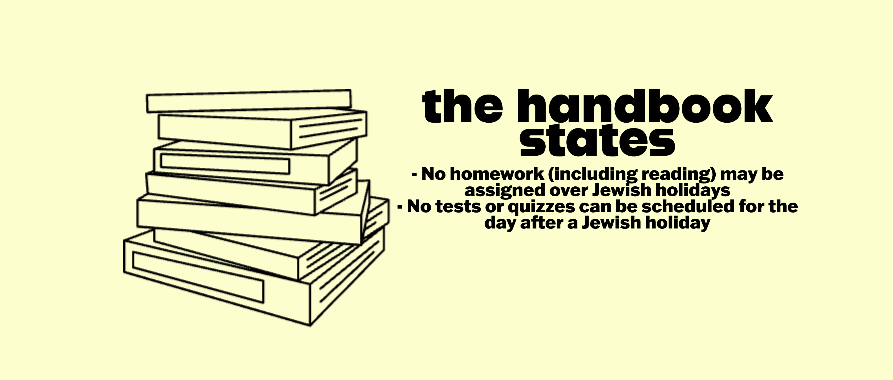
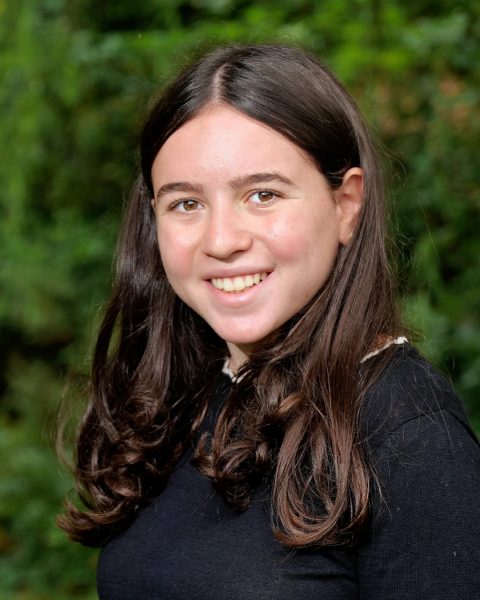



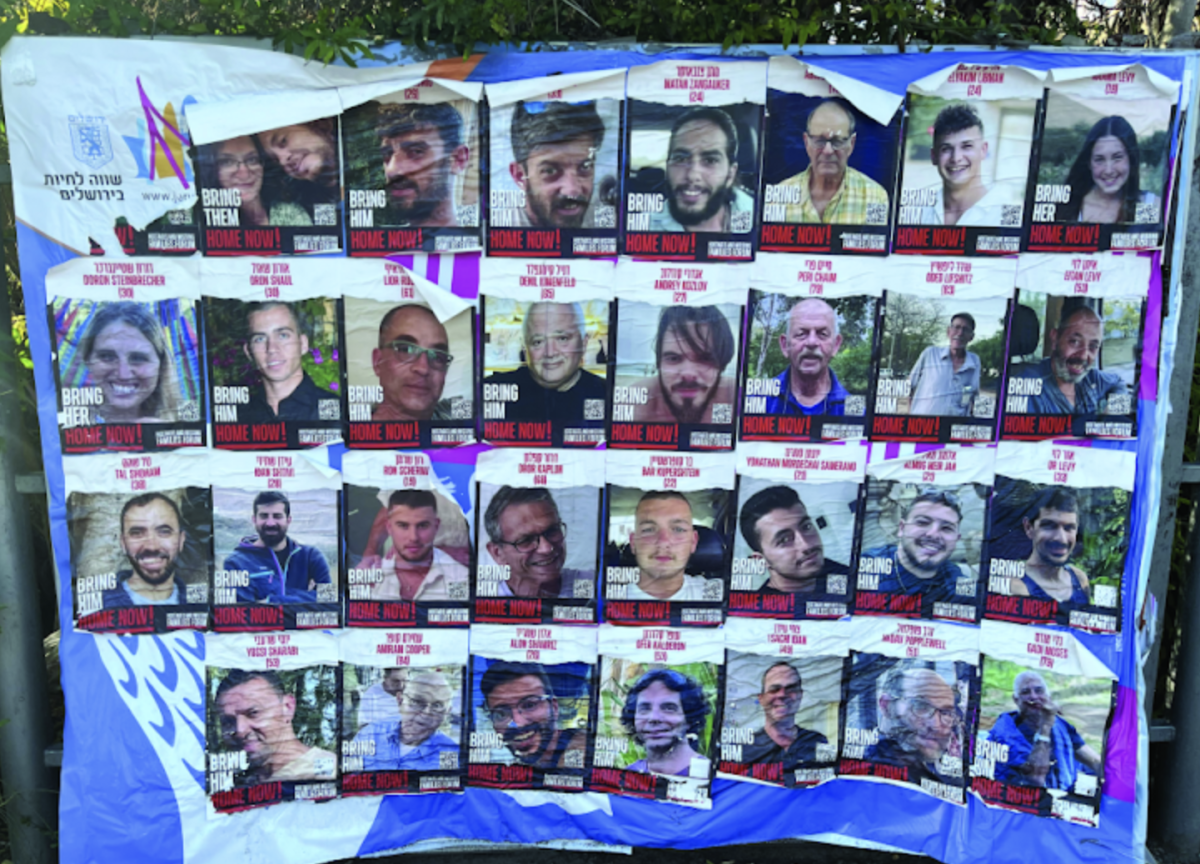


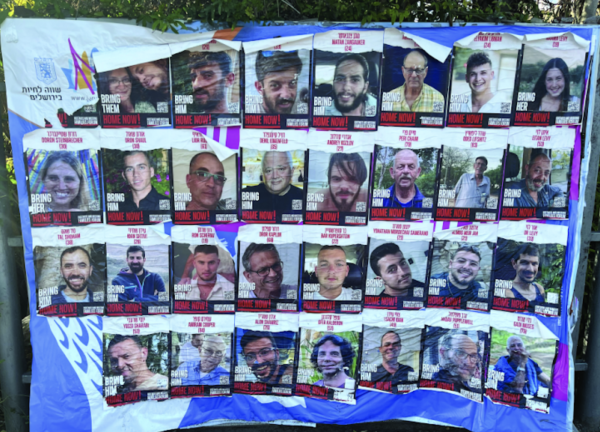
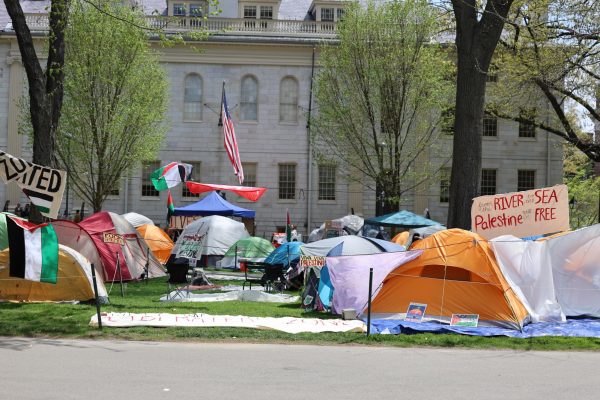


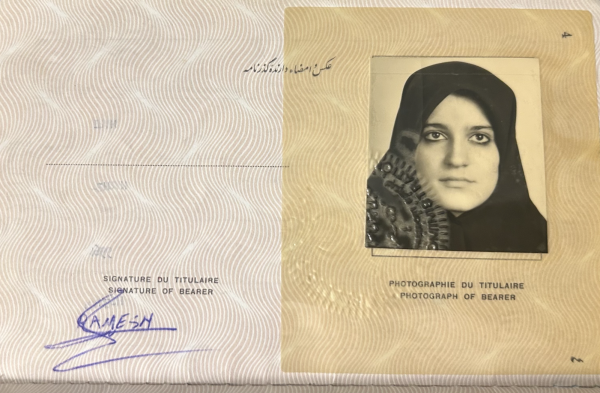
Recent Alumna • May 18, 2023 at 10:50 pm
Thank you for writing this article. I am a recent alumna and had similar experiences at JDS. Once on a Shabbaton I and a few other Orthodox girls wanted to daven mincha and quick arrangements had to be made to add a mechitza to the minyan. While the mechitza was being set up, a teacher (who is also a JDS alumnus!) made a comment to me denigrating the Orthodox community for not counting women “as people.” It was an incredibly insulting and inappropriate comment to make to a student who is observant. For a school that bills itself as pluralistic and inclusive, the JDS community can be shamefully unwelcoming toward Orthodox Jews.
Michelle Rojas • May 18, 2023 at 6:16 am
Sophie: thank you for utilizing your voice in such an important way. We absolutely must do better as a school and larger community. Jewish values and a pluralistic approach mean the understanding (I agree 9th grade is way too late, especially at a Jewish day school) but also the appreciation and support of ALL levels of observance. Yasher koach! Very important piece